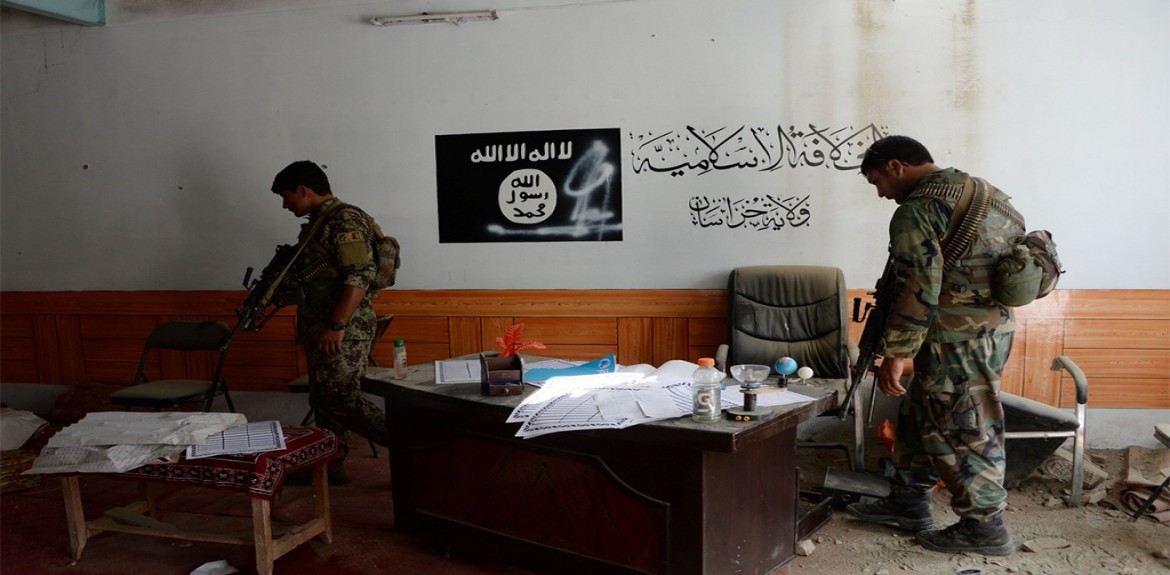
This was conducted in the wake of the recent surrender of the Islamic State of Khorasan members in Nangarhar province. It aims to analyze factors leading to the rise of the IS-K in the province and the circumstances that led to their surrender
The rise and fall of the Islamic State in Nangarhar province: Report
The investigative report, presented by Tarzi Research Foundation (TRF) at an event launched at the Kabul Star Hotel in the country’s capital today, June 6, emphasizes that “in addition to the joint night, ground and air operations by the Afghan and international coalition forces, the freezing cold weather, their fierce struggle against the Taliban and local insurgents, the closure of supply routes and the surrender of the group's fighters, led to the defeat of ISIS in Nangarhar province.”
Tarzi Research Foundation (TRF), surfaced new findings of the report on the rise and fall of ISIS in eastern Nangarhar province of Afghanistan, the group's financial resources, foreign support, recruitment of fighters, civilian casualties, command, and the causes of the defeat of the group in the province.
This report compiled in early 2020 is based on face-to-face interviews with ISIS prisoners of war, landlords of Nangarhar’s Shinwari tribe, local insurgents, and local officials.
According to the report presenter, although ISIS has been defeated in Nangarhar province yet its sleeper cells operating in collaboration with the Haqqani network in the major cities of the country, conducting bloody attacks.
The majority of the group's leaders and fighters have been killed or captured, but the key commanders of the war have been concealed in Kunar, Nuristan, and Orakzai across the Durand Line, the report furthered. It is being guessed and feared that the same commanders will soon rise up under a new flag and slogan in another part of the country.
The report unearths the ISIS sources of funding and, unlike the Taliban, ISIS did not collect zakat, ushers and alms from the people in Nangarhar, but have been receiving a lump sum from Central Asia via money laundering, smuggling of pine nuts and woods, kidnappings and the imposition of fines and penalties on locals.
Salahuddin Darwish, who presented the findings of the report, said: "In just two years, ISIS has abducted more than two hundred businessmen and doctors in Nangarhar and released them for a ransom ranging 20,000 to 200,000 US Dollars.
ISIS recruited Afghans and foreign fighters in exchange for money and arranging their marriages. Taliban fighters who have had ideological differences with their leaders or not being promoted to higher ranks have joined ISIS. The group attracted your people in Nangarhar via Arab charities, social media, and FM radio messages.
For the download of the Research Report, Click on below link
